Betsy Bird has seen the world of children’s books change over the years, and that’s an amazing thing to witness. Today she stops by All Ages of Geek with “Galaxy-Boy Delivery” to discuss her view of the kidlit industry. She mentions how funny books need to be published with new voices and new stories, how publishers need to step up and support those voices and even tips on how you can support your local library.
A reminder to readers that the resources mentioned here are great for your kids and classroom, and how you can learn from librarians and kidlit authors like Betsy Bird. It’s so important that you help your local libraries, schools or even community centers by providing free resources for all ages! If you’d like to get more involved with your local libraries or discover more amazing kidlit reviews, visit Betsy’s A Fuse #8 Production from School Library Journal! Support for independent authors is always in need, and people like Betsy are helping kids realize the influence and impact of reviewing books!
Now let’s get into the interview!
Kidlit Interview with the Amazing Betsy Bird
1) Introduce yourself! Let everyone know what you do and why you love children’s literature, writing and overall anything to do with books!
Well hello! Let’s see, how shall I begin? My name is Betsy Bird (what better name for a children’s author, eh?) and I’m a librarian and author of books for kids. On top of that I also blog, podcast, review, and generally work with children’s literature in every conceivable capacity outside of bookselling (which is an art in and of itself).

At this point in the proceedings I’ve been working with books for kids for so long that I literally cannot imagine doing anything else with my life. Why do I love them? Because with a book for a kid you have the chance to shape their worldview. You can give them glimpses into lives outside their own. You can offer comfort or the complete opposite of that, depending on what the kid needs. Can you imagine any other field in which you have such an influence on a child’s future self? It’s mind boggling.
2) What are some books you are reading now?
Well, I’m so pleased to have just finished my #1 children’s/YA author Frances Hardinge’s latest book UNRAVELLER. The woman doesn’t know how to write a bad book. I’m just awed by her talent. Now I’ve picked up RARE BIRDS by Jeff Miller which is coming out in January. And since I’m writing this at the end of the year, I’m allowing myself to read a couple adult books (gasp!) as well, so I’m reading DUCKS by Kate Beaton (which has universally been called on of the great graphic novels of 2022) and TOMORROW AND TOMORROW AND TOMORROW by Gabrielle Zevin.
3) What books do you recommend everyone to read at least once in their lifetime?
Huh. That’s a uniquely difficult question to answer. Human experience being as wide and varied as it is, it’s hard to think of anything I’d recommend “everyone” read. But maybe that’s the beauty of children’s books. Okay, my answer is going to strike you as a little strange because it’s not something you’d probably hear anyone else say, but the #1 book I’d recommend is THE ARRIVAL by Shaun Tan. It is, to my mind, almost a perfect book. How many perfect books do you tend to encounter? And it could be ready by everyone from ages 3 to 99.
4) There are so many lessons about writing and reading. But what are your words of advice for kids about writing and reading?
Oh! That’s easy! That there’s no rush. Kids are always comparing themselves to their peers. Heck, adults are always comparing themselves to their peers. That’s natural and human but it can be counterintuitive too. If you don’t think of yourself as a “good” reader or writer, don’t worry! There’s plenty of time to learn! It’s not a race. It’d give the same advice to adults on writing their own children’s books. There’s literally no rush. You can be an author when you’re 15 or 50. Life intervenes and everyone works at their own pace. Don’t sweat it!
5) How should parents support their kids if they want to become authors?
It’s funny, but I think the internet has made the occupation of “writer” so much broader than it used to be. In the old days a parent might sweat, thinking that their child would be unable to cobble out a living doing much more than writing paperback novels on the cheap. These days so many online jobs require you to be able to write. And the glorious thing about writing is that you can do it anytime! You can have a steady job and write as well. So if you want your child to be a GOOD writer, encourage them! Read what they write. And help them. When my daughter was too small to type she’d narrate books to me and I’d write them down for her. It was a great way to support her and give her “books” of her own, while also getting involved in her creative process.
6) What type of resources do you recommend for kids to start writing?
Kidlit Interview with the Amazing Betsy Bird | Galaxy-Boy Delivery
I mean, you don’t need much of anything at all to start writing aside from your imagination and some way of getting words onto a page. I got my daughter her own Google account, actually, so that she’d be able to save her different drafts in the cloud, and that’s worked well for her. The only disadvantage being that when we travel somewhere without internet, she no longer has access to her drafts. And, of course, there are books for kids ON writing that I’d recommend. I’m particularly fond of the Jack Gantos book WRITING RADAR, which shows kids how to make books out of their own experiences and lives.
7) How did you start writing and why do you write? Everyone has a story to tell. Stories can be super inspiring for young writers so what is your story as a writer?
Well, as a kid I wrote a lot of stories. I think it helped that two of my aunts had published books, so it seemed like a great way to go. I wrote stories all over the place, in notebooks, on random pieces of paper, in folders. But as I got older I did that thing that I think a lot of kids do where I talked myself out of writing. I believed it wasn’t a practical way to get a job.

And I wasn’t really all that sure that my writing was any good. So I put it down for a while, until I was an adult, really. Still, that’s the fabulous thing about being an author. You can do that. You can put it down and then pick it up a decade later and that’s okay! Now I have seven books published.
8) As the Collection Development Manager of the Evanston Public Library, and former Youth Materials Specialist of New York Public Library, what type of resources do you think librarians and libraries are most in need of? How can writers support their local libraries?
You’re asking this question right in the midst of massive and organized book banning efforts around the country. So I think the first thing you need to do is talk to your local librarians. What challenges are they facing right now? Do they need public support at library board hearings. Do they need you to vote a certain way in an upcoming election? Or do they simply need donations to do their work? The best support you can give is the support they actually need, so talk to them and find out what that might be.
9) What type of kidlit do you like to create?
Funny ones. It took me a while to realize that that was my go-to genre, but it really is. I’d love to write nonfiction and graphic novels in addition to my picture books and middle grade, but through it all, everything I write has to have a sense of humor.





I’ve written books for adults about children’s books. I’ve edited women in anthologies. But everything I do has to be funny, or else what’s the point?
10) What are your thoughts about the kidlit industry today? What needs to change or improve?
I’ve technically been in this business going on 20 years now, so I’ve seen some interesting changes over the years. Some things have definitely improved. I remember back in the day counting the number of middle grade books starring Black boys and coming up with only five (and three were by sports stars). Now we’re seeing much better representation from a wider range of voices and experiences. We’re not where we should be quite yet, but we’re getting there, so that’s encouraging. Still, there are areas where I’d like to see improvement. I’d like more recognition for smaller presses. I’d like more publishers to be unionized. I’d like more publicity dollars from large publishers to go to their new authors, rather than their old standbys. Things like that.
11) Independent authors and publishers always need a ton of support! What do you think the kidlit industry can do for indie presses to help boost their news about new voices and stories?
Gone are the days when blogging was the #1 way to bring attention to the independents. I mean, I still have mine but it’s an outlier outside of Substack and the like. Now if you want attention it has to be based in social media in some way. “The book industry” is such a grandiose term, and it’s hard to parse. I know that librarians and booksellers can help their local authors, big and small. I know that people who discover those lesser known voices can talk them up on #BookTok and Instagram. But I think the best method is to hit from all sides. A wise woman once told me that when you have a new book out, do at least one thing for it every day. That goes for the book industry as well. Do something every day for the little folks. The big folks don’t need the help.
12) What type of books do you think are most needed today for kids?
My instant answer is going to be “funny books” but not in the way you might think. As I mentioned before, right now we’re seeing a wider range of voices and experiences from historically marginalized communities. That’s awesome but it’s also really earnest. A huge chunk of those books are deadly serious. Now there’s nothing wrong with serious books that tackle serious topics. But until I see some parity and some equity when it comes to gross, silly, hilarious books, I’m not going to be satisfied. Where are the books that make kids laugh from cultures outside of their own? We get a lot of funny white authors published. I worry that the industry hasn’t yet realized that there are huge benefits to other kinds of funny books as well. After all, Jerry Craft’s NEW KID won a Newbery. Coincidence? I think not.
13) Everyone has something about their work that makes it special. What would you say makes your work stand out and what do you want people to learn from your writing?
Cultivating a “voice” for your writing is something we hear a lot of folks talk about. Because I’ve been blogging since 2004 I’ve had plenty of time to create a voice that specific to my own titles. It’s easily identifiable and fun to do. So I’d say that if you learn anything from my writing, find a way to make it sound like you and only you.

Find the tonal shifts and cadences that only you could come up with. And the best way to find your voice? Write write write. Just keep on writing till you find what works for you.
14) A Fuse #8 Production with School Library Journal also serves as a great resource for anyone wanting to get more book recommendations. What’s your favorite part about writing blogs, sharing reviews and hosting interviews?
Anything I have writing-wise in my life I owe to that little blog, honest. But after all these years I have to say that the thing that I still enjoy the most is reviewing. If School Library Journal told me tomorrow that they were dropping my blog and I had to find something else to do with my time, it’s the reviews that I write that I’d miss the most. I love it.

I love explaining to the world why one book or another is worth discovering. And I love having a resource that’s out there, that people can find, that I can use to highlight those titles that I think deserve a moment in the sun.
15) All Ages of Geek wants to start getting more involved in the literature space to continue supporting authors, illustrators and especially independent creators. What do you think of us so far and how can we improve in this space?
I think your space has a lot of energy and color, which is great when you first approach it. At this time you have to scroll down to find any kind of a mention of books, though. If you’d like to become more of a literary space then let’s get some kind of mention of books right there “above the fold” as they said in old newspaper terms. I don’t want you to clutter things up, but some kind of book icon even would help. And make sure you have book-related items in each of your pull down tabs too! Under “Articles” or “Videos” or “Podcasts” have something about books each time!
16) We also want to interview more indie authors, illustrators and creators overall. Who do you recommend for an interview?
Well, since I’m a Chicago-area girl, I’m going to support my local Chicago-area authors and illustrators. So here, in no order at all, are the people I’d like to personally recommend:
– Zetta Elliott
– Jarrett Dapier
– Jacob Grant
– Sara Aronson
– Amy Alznauer
– Diane Sudyka
– Cozbi A. Cabrera
– Amy Timberlake
Just for starters!
17) Where can people find you online? Share all your links!
Well, you can find me at my blog A Fuse #8 Production, as hosted by School Library Journal. Then there’s my website betsybirdbooks.com. I’m on Twitter @FuseEight, on Instagram @fusenumber8 and I’m newly on TikTok @fusenumber8.
Thanks for having me!
The world of kidlit is always changing and to see change is good, especially when new voices are heard. At All Ages of Geek we will continue to support these kidlit creators as much as possible. From interviews, articles, videos and upcoming technologies we’re building, our goal is to help raise voices from around the world.
If you have a kidlit author who you think should be featured please email us at [email protected]. We want to hear from voices around the world who create books for kids! We also want to hear from indie presses and publishers that specialize in kidlit! And if you also have any free resources you would like added to our website, please let us know as well. Like Betsy said earlier:
“Because with a book for a kid you have the chance to shape their worldview. You can give them glimpses into lives outside their own. You can offer comfort or the complete opposite of that, depending on what the kid needs. Can you imagine any other field in which you have such an influence on a child’s future self? It’s mind boggling.”
And if you are looking into becoming a kidlit author, we would be more than glad to help supply you with the resources you need to get started!
Let’s keep supporting kidlit authors and independent creators! Join All Ages of Geek with a FREE account and support us on Patreon. Get extra geeky, interactive content and also help us grow this platform to continue building new ways to support indie creators, kidlit authors and geek media.
Like it? Pin it!



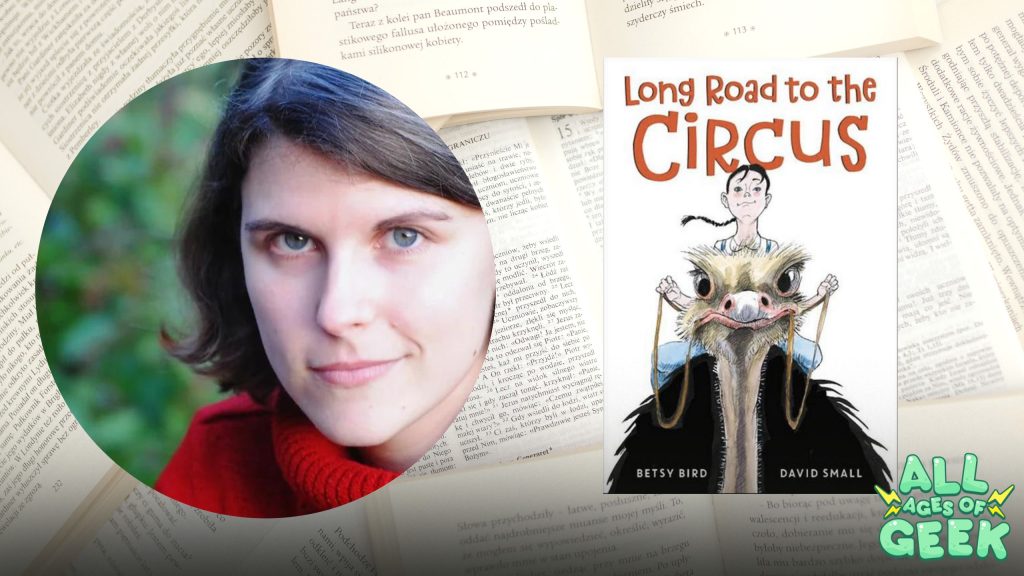

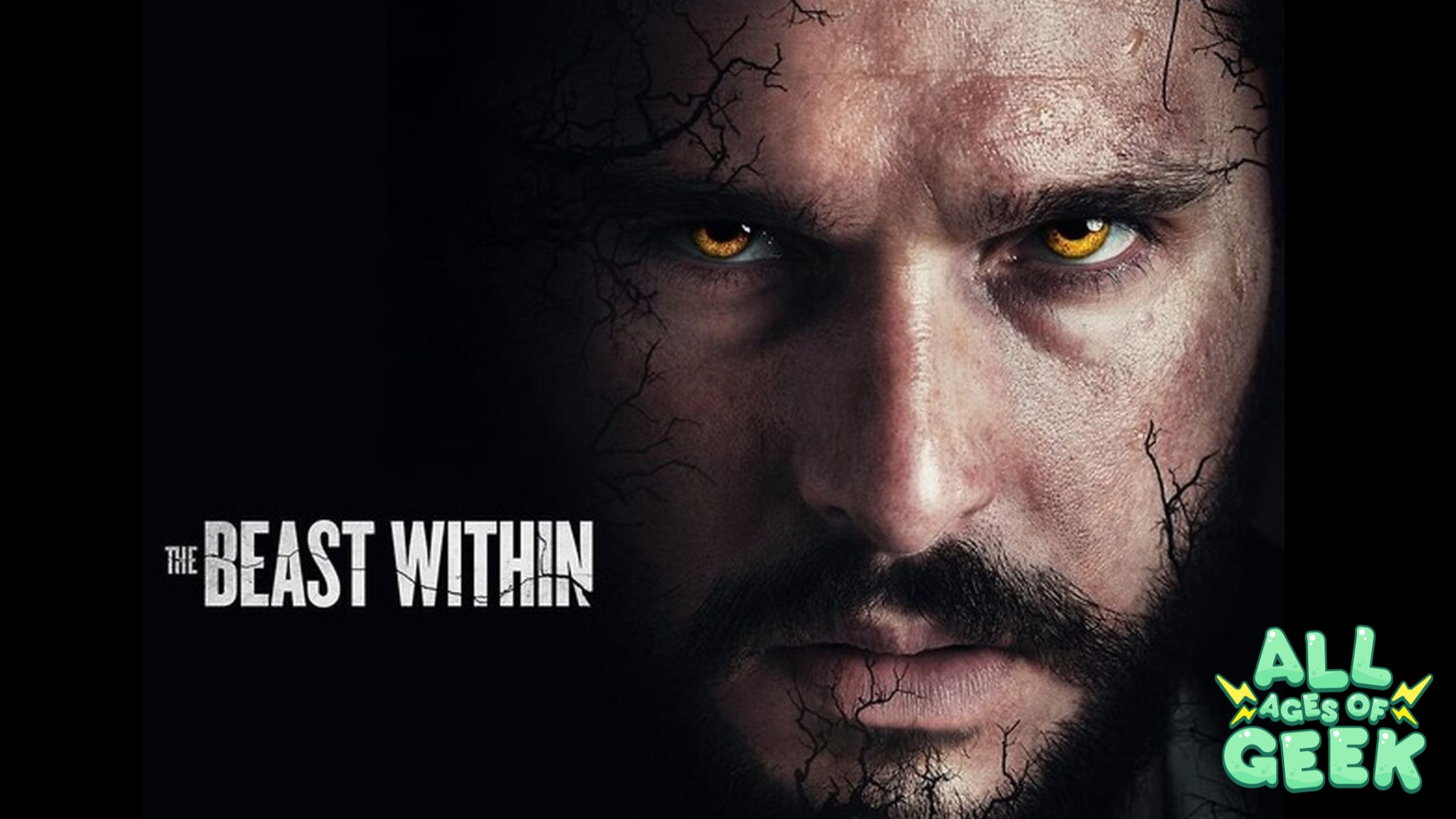
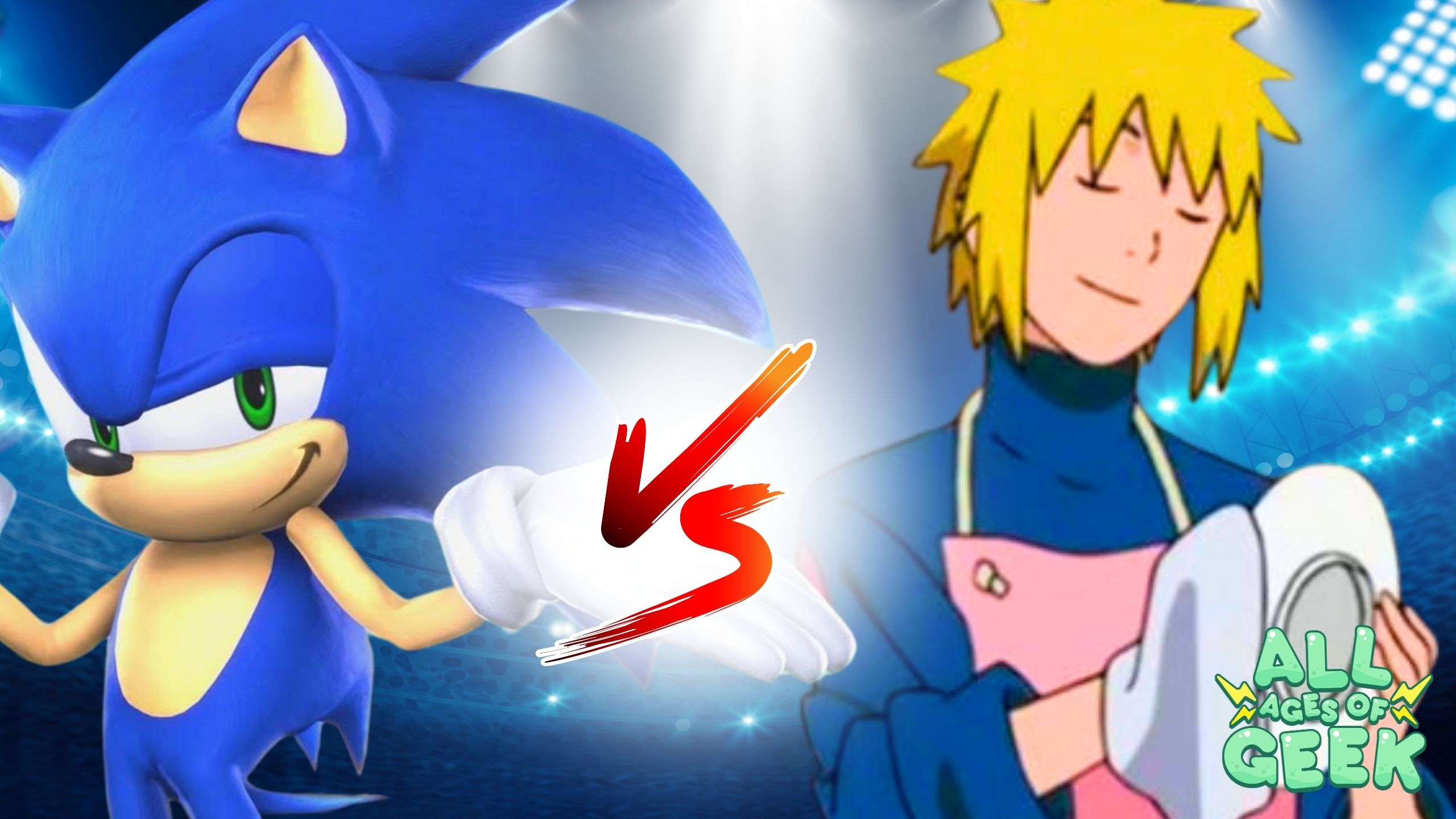
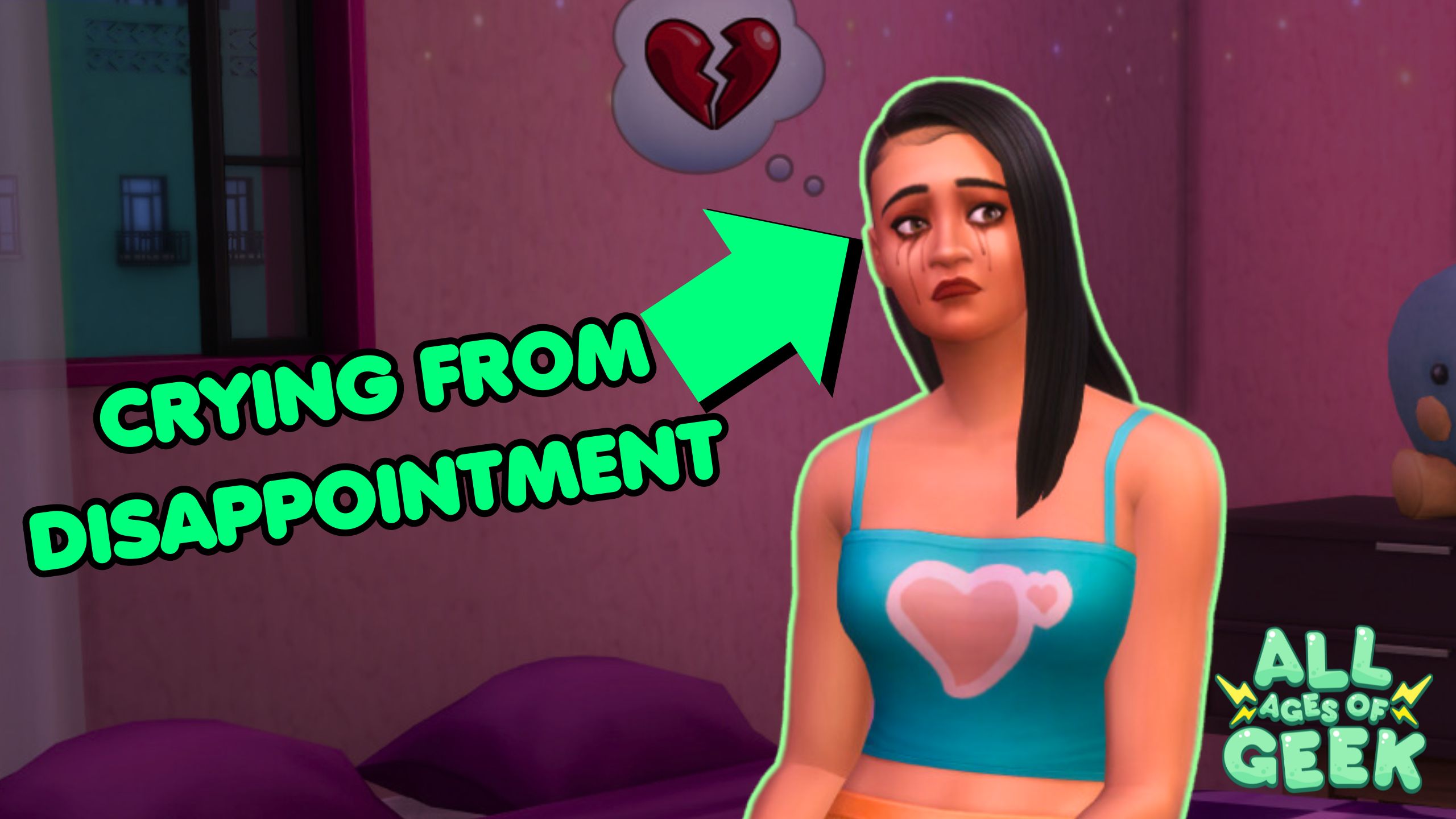
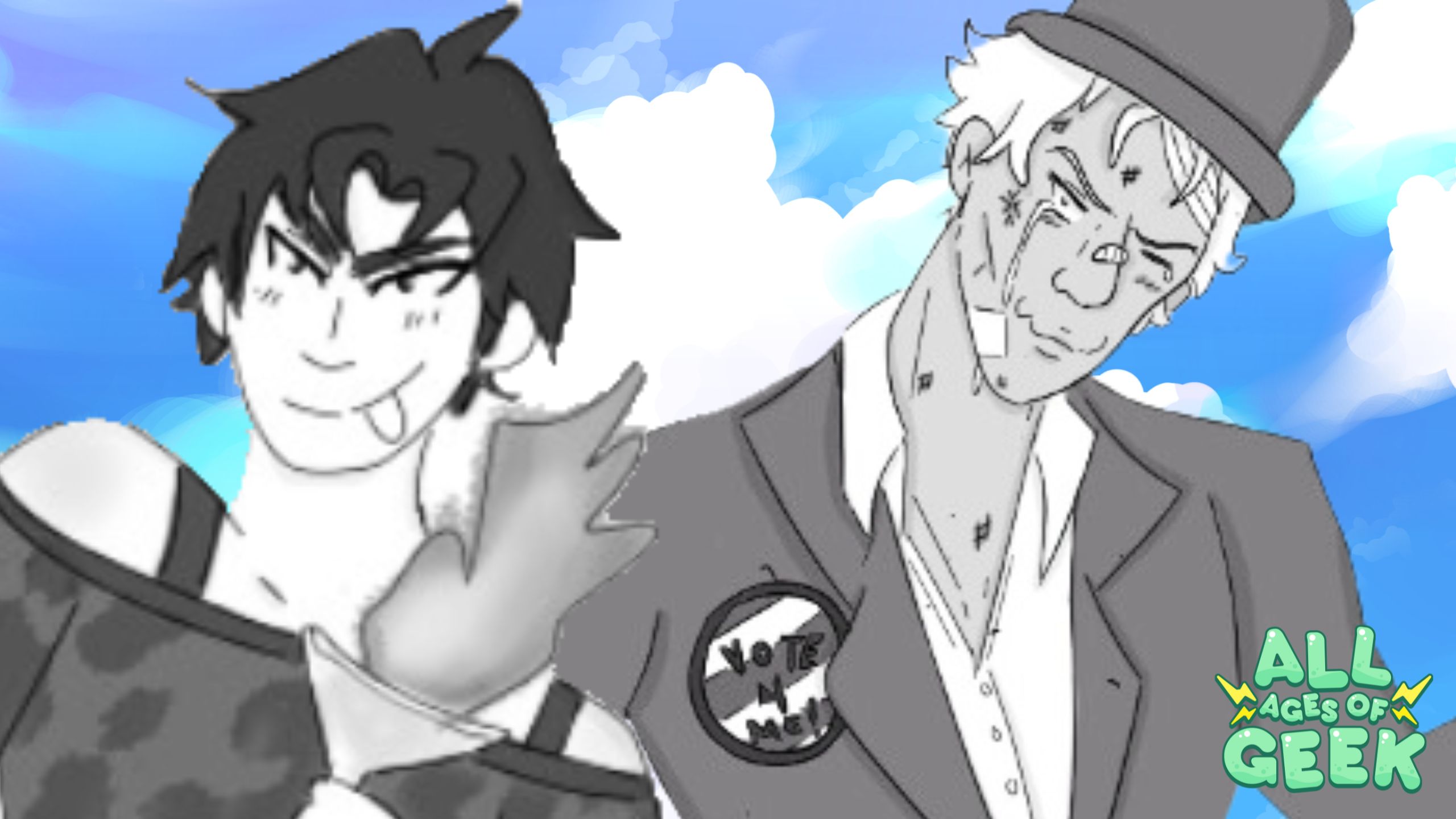
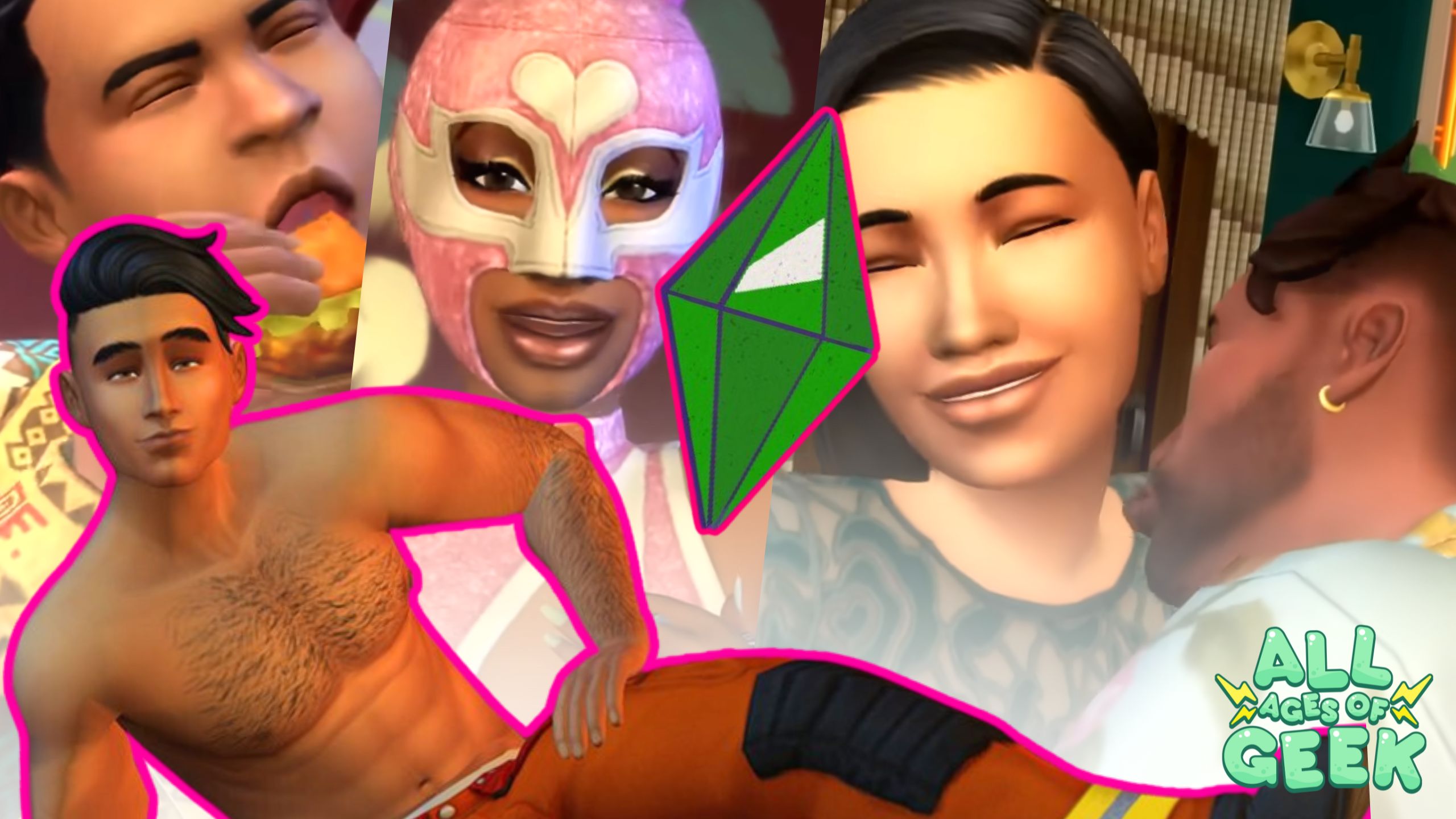
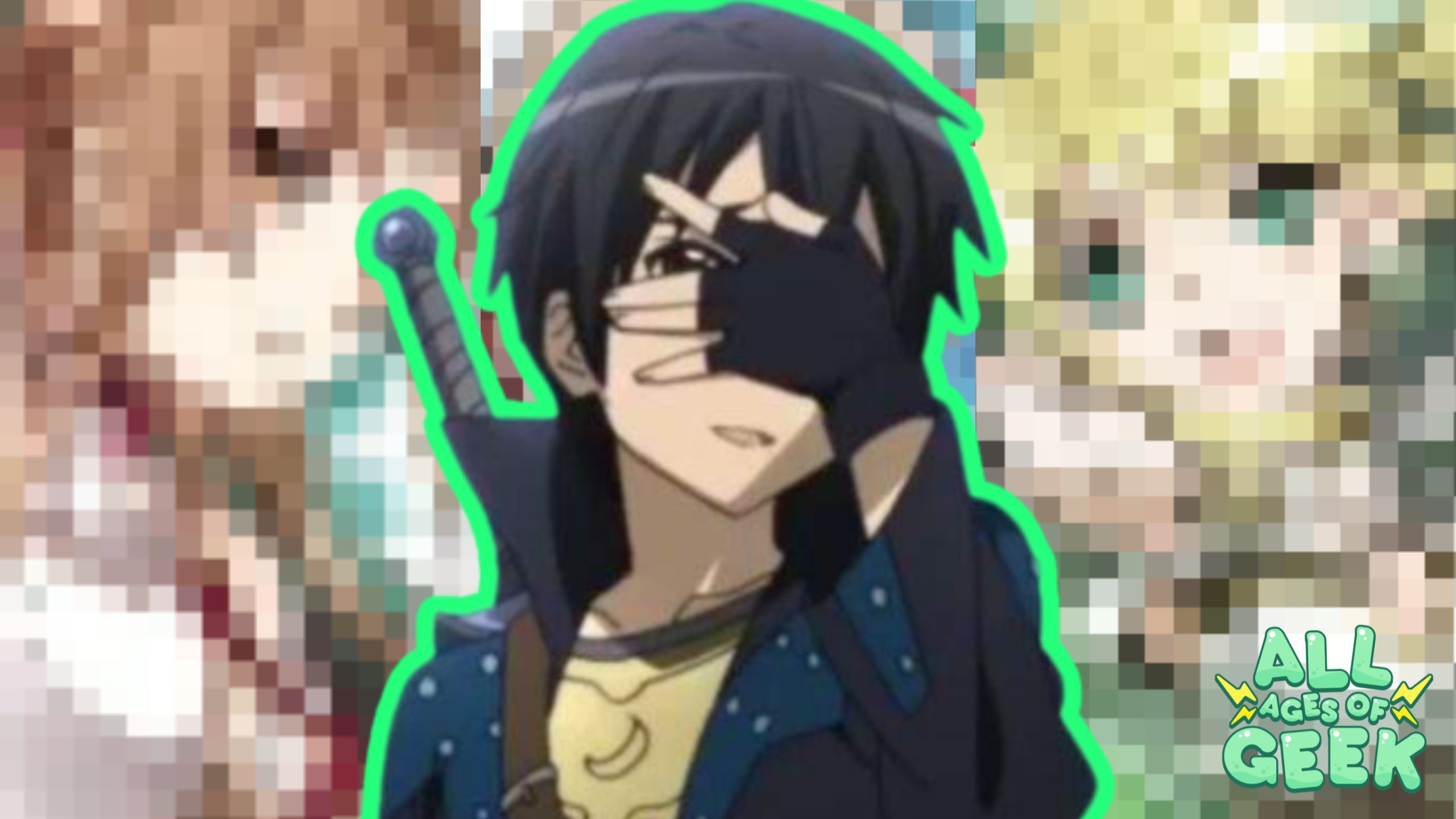

One Response